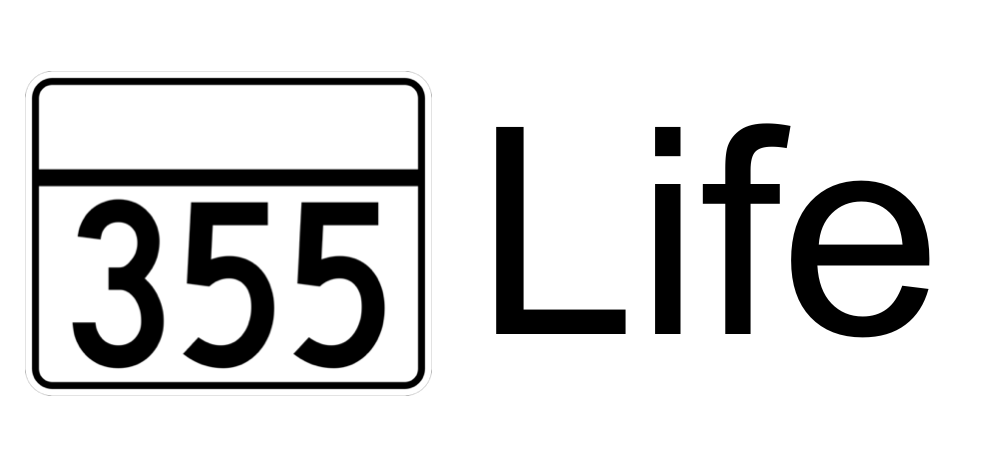YouTube Review: Chris Hogan Should I keep paying for Life Insurance?
Should I keep Paying for Term Life Insurance?
If you died next week, how would your family's finances be affected? Do you have enough saved to fund their retirement? Read more to learn how to tell if you should keep or cancel your life insurance policy.
Some people view life insurance as an ongoing lottery. They've paid for the ticket, and they're not giving it up until their number has been called.
This tendency stems from a misunderstanding of the fundamental purpose of life insurance. Generally, you shouldn't view insurance as an opportunity to make a profit (although some whole life insurance policies do include savings and investment elements); instead, you should view insurance as a tool for reducing risk, and you should reassess that risk regularly to see if it has changed.
Here are four questions you should ask yourself to determine whether you still need a life insurance policy.
Could my family lose the house or car?
Most people purchase life insurance around major milestones, such as buying a house, which may involve substantial long-term loans. If your family can't keep up with those payments in your absence, that property could be repossessed and their lives would be further disrupted. If your life insurance policy is nearing the end of its term, or if you're considering canceling it, you need to revisit these obligations.
Do you still have several years left on your mortgage? Did you recently finance the purchase of a car? Think of major property that could be repossessed by your lenders if the outstanding loans aren't paid off, and evaluate your family's ability to pay them off in your absence.
Do I have any present or future financial obligations?
In addition to major pieces of property that your family uses on a daily basis, you should review other outstanding debts and future financial obligations that could fall to your family.
For example, if your spouse is a co-signer on your credit card, he or she will still be held responsible for any debt associated with that account, and paying it down without your income could be difficult. Or if you're helping your children pay off their student loans, they may struggle keep up with payments in your absence.
Will my family be able to keep up with daily expenses without me?
While large financial obligations should be your biggest consideration when determining whether you need life insurance, you shouldn't discount the financial burden of everyday life. Your family could be debt-free and still struggle to pay for gas and groceries without your income.
Do other members of your family earn enough to support themselves without your income? Have any of them been out of the job market long enough that they'd struggle to get a well-paying job in your absence?
What about retirement? Is your significant other on track for retirement, and would he or she be able to stay on track without your income? The last thing you'd want is for your spouse to have to work through retirement because you don't have enough saved.
Would converting my term insurance into a whole life policy make sense?
If you carry a term life insurance policy and you're nearing the end of your term, you may start to receive messages from your agent or insurance company encouraging you to convert your insurance to a whole life policy.
For most people, whole life insurance is a poor tool for financial indemnification. Insurance brokers may appeal to the logic that, because a whole life policy covers you for life, your family is guaranteed a payout. However, whole life policies are substantially more expensive than term policies, and the rate of returns on the investment portion of those premiums is often low.
Hope you consider these important points. Again, thanks for reading and have a great day!
